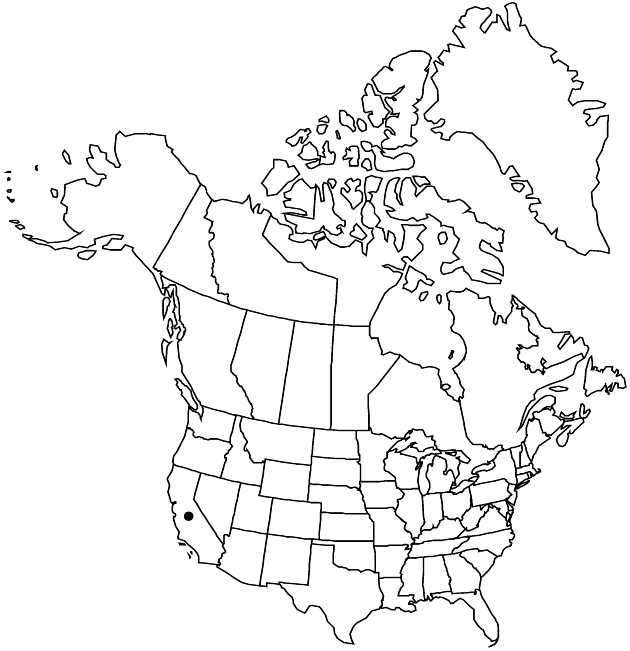Difference between revisions of "Lasthenia californica subsp. macrantha"
Madroño 48: 208. 2002.
FNA>Volume Importer |
FNA>Volume Importer |
||
| Line 70: | Line 70: | ||
|publication year=2002 | |publication year=2002 | ||
|special status= | |special status= | ||
| − | |source xml=https://jpend@bitbucket.org/aafc-mbb/fna-data-curation.git/src/ | + | |source xml=https://jpend@bitbucket.org/aafc-mbb/fna-data-curation.git/src/f50eec43f223ca0e34566be0b046453a0960e173/coarse_grained_fna_xml/V19-20-21/V21_845.xml |
|tribe=Asteraceae tribe Heliantheae | |tribe=Asteraceae tribe Heliantheae | ||
|subtribe=Asteraceae (tribe Heliantheae) subtribe Baeriinae | |subtribe=Asteraceae (tribe Heliantheae) subtribe Baeriinae | ||
Revision as of 20:40, 16 December 2019
Perennials (sometimes flowering first year; cespitose). Roots usually not fleshy or clustered. Stems decumbent, branched proximally, ± hairy. Leaves mostly basal; blades linear to oblong, 28–88 × 1.5–5.5(–15) mm, fleshy, margins entire or with 3–5+ teeth (ciliate), faces glabrous or ± hairy. Involucres campanulate to depressed-hemispheric, 9–14 mm. Phyllaries ± persistent, 9–16 in 2 series, elliptic to ovate. Ray florets 8–16; laminae elliptic to oblong, 6–18 mm. Anther appendages deltate to sublanceolate. Cypselae silver-gray, linear to narrowly clavate, to 4 mm, glabrous; pappi 0, or of 1–4 translucent, brown, subulate, aristate scales (sometimes variable within heads). 2n = 48.
Phenology: Flowering year round (mostly May–Aug).
Habitat: Grasslands, dunes, woodlands, immediate coast
Elevation: 0–500 m
Discussion
Of conservation concern.
Subspecies macrantha is morphologically similar to Lasthenia ornduffii; their ranges are allopatric. Plants of subsp. macrantha found in San Luis Obispo County may have fleshy roots approaching those of subsp. bakeri.
Selected References
None.
